Maria Aponte was born and raised an only child in East Harlem, otherwise known as “El Barrio,” in New York City, to Puerto Rican parents. Because she lost her mother…
Read moreHow writing her life story led a woman to inner healing
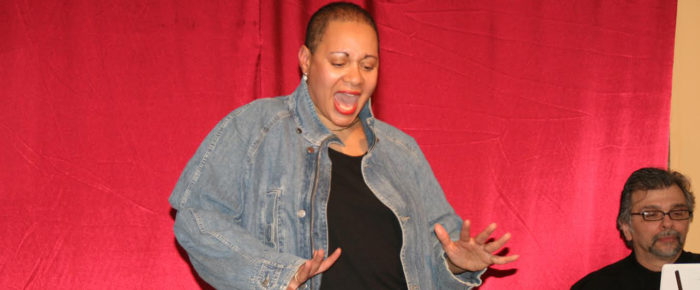

Maria Aponte was born and raised an only child in East Harlem, otherwise known as “El Barrio,” in New York City, to Puerto Rican parents. Because she lost her mother…
Read more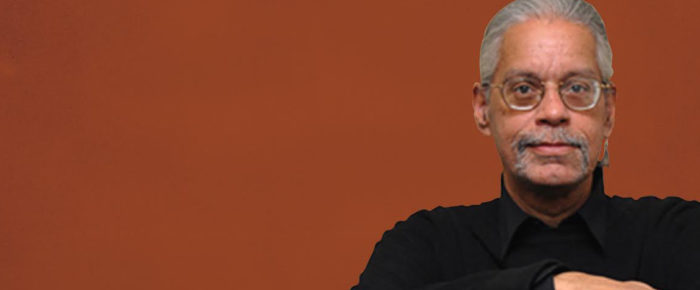
Bobby Gonzalez has had practically every job you could think of — from a medical records clerk in a hospital to customer service at a utility company. However, he says…
Read more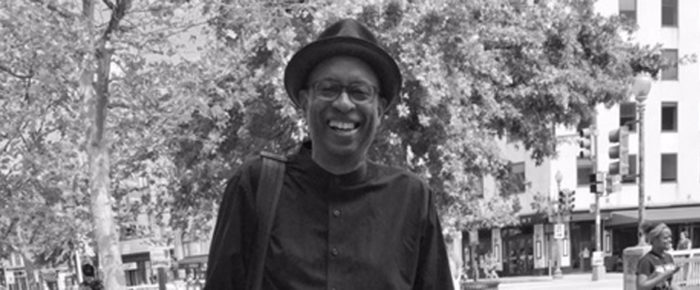
Eugene Ethelbert Miller, who goes by his middle name, “Ethelbert,” is a writer and literary activist who says he’s never been busier than at 66. Originally from the Bronx, NY,…
Read more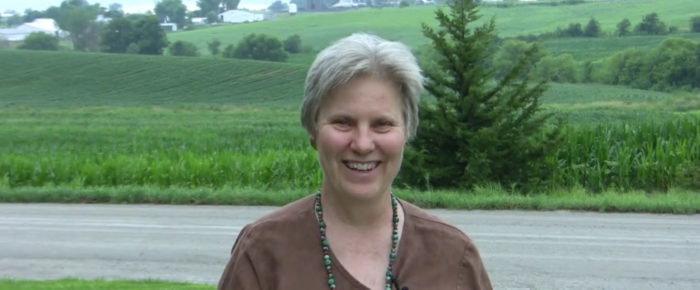
For the past 30 years, Mary Swander has risen at 6 every morning in her one-room farmhouse in Kalona, Iowa – a town known for being one of the largest…
Read more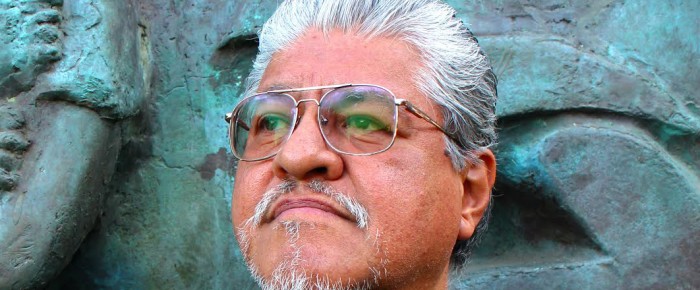
Growing up in poverty in South Central and East Los Angeles, Luis J. Rodriguez says he found himself so emotionally empty that he joined a gang at age 11. He…
Read more